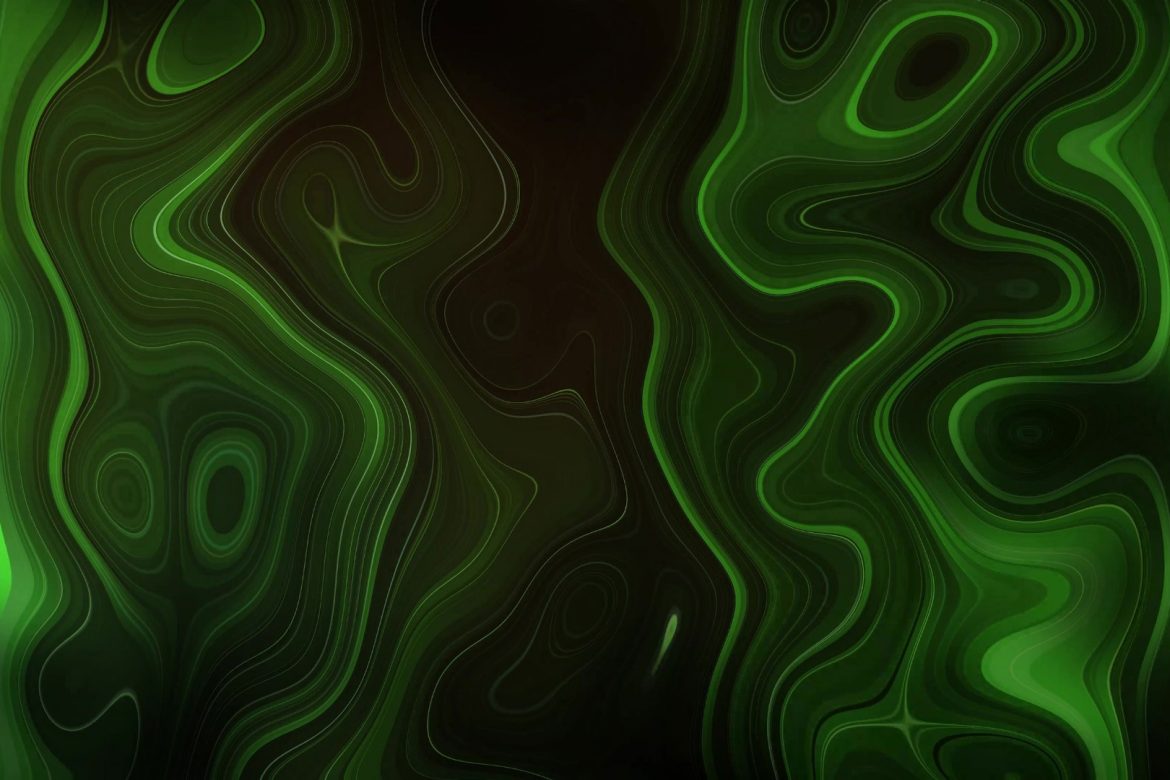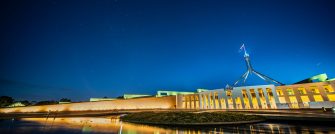
1-2 December 2025 | Canberra Innovation Network
13th Australasian Natural Convection Workshop
About
UNSW Canberra will host the 13th Australasian Natural Convection Workshop (ANCW) at the Canberra Innovation Network. The ANCW series were initiated in 1984 at CSIRO and were hosted by various research institutes across Australia. The focus of the workshop is on natural convection and mixed convection problems in heat and mass transfer with engineering and basic science applications. The main purpose of the workshop is to provide a small, informal and interactive forum for academics, researchers and research students to interact, discuss their research findings and establish networking.
The workshop has been previously organised by:
- CSIRO – Highett (1984)
- Monash University (1990)
- The University of Sydney (1996)
- The University of Sydney (2003)
- Monash University (2015)
- The University of Sydney (2019)
- The University of New South Wales (1987)
- The University of Western Australia (1993)
- Murdoch University (1999)
- The University of Sydney (2013)
- Auckland University of Technology and the University of Auckland (2017)
- The University of Melbourne (2023)
In the past the number of presentations at the workshop has been limited to about 40 to 50 and a mix of theoretical, numerical and experimental papers have been presented. The participation has mainly been comprised of Australian researchers, academics and research students with a small number of leading researchers from overseas.
This workshop is partially sponsored by the Australasian Fluid Mechanics Society (AFMS) and the Canberra Innovation Network (CBRIN):
Keynote speakers
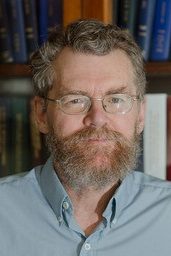

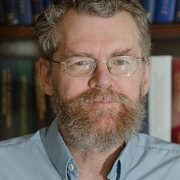
Steven Armfield
Professors Steven Armfield and Chengwang Lei will jointly deliver a keynote honouring late Professor John Patterson's contributions to the field of natural convection.
Professor Steve Armfield investigates the fluid mechanics of a range of environmental and industrial flows using computational, theoretical and experimental approaches, leading to applications as diverse as improved river management and the design of more efficient building ventilation systems.
"My main focus is on the development of computational models and algorithms to allow the prediction of highly unsteady, buoyancy-driven and -dominated flows, such as the natural convection boundary layers that develop adjacent to vertical heated surfaces, the two-layer mixing flow that occurs when a lighter fluid passes over a denser fluid, and thermal fountains and plumes.
"Such flows occur in many environmental and industrial settings, such as in rivers, estuaries and atmospheric boundary layers, and in building heating, cooling and ventilation.
"My research has made a substantial contribution to the understanding of the mechanism of flow initiation and transition, and has led to improved computational models for these flows that will inform the development of river management strategies, large-scale fluid dynamics models and the design of heating, ventilation and cooling systems.
"I joined the academic staff of the University of Sydney in 1996, having previously completed my PhD here. I was Head of the School of Aerospace, Mechanical and Mechatronic Engineering from 2008 till 2015. I have held academic positions at other Australian universities as well as research positions in Japan and the US."
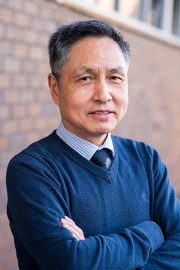

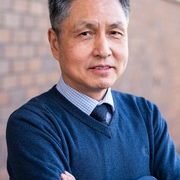
Chengwang Lei
Professors Steven Armfield and Chengwang Lei will jointly deliver a keynote honouring late Professor John Patterson's contributions to the field of natural convection.
Professor Chengwang Lei obtained his Bachelor and Master of Engineering degrees in Mechanical Engineering at Huazhong University of Science and Technology in China and PhD degree in Civil and Resource Engineering at The University of Western Australia. He joined the Environmental Fluids Group at The University of Sydney in 2009 after 10 years service in the School of Engineering at James Cook University, where he held a number of research and teaching positions across multiple disciplines.
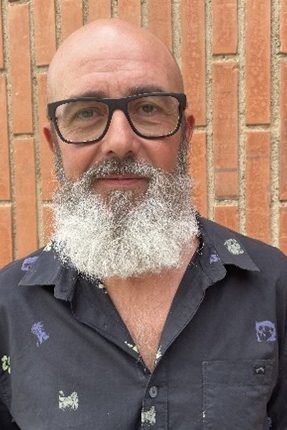

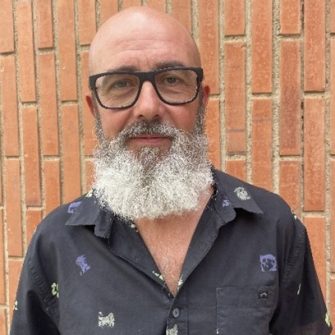
Jordi Pallarès
Dr. Jordi Pallarès is currently an Associate Professor of Fluid Mechanics in the Department of Mechanical Engineering at Universitat Rovira i Virgili and serves as the Director of the ECoMMFiT Research Group (Experimentation, Computation and Modelization in Fluid Mechanics and Turbulence).
Dr. Pallarès’ research focuses on the numerical and experimental study of laminar and turbulent flows involving heat and mass transfer. His work spans a range of applications, including:
- Confined natural convection flows
- Analysis of turbulent flow structures and their influence on momentum and heat transfer
- Flow and transport phenomena in microfluidic devices with biomedical relevance
- Numerical modeling of diffusion cells in microgravity conditions
- CFD analysis of membrane processes and mixing in chemical reactors
He has authored or co-authored over 100 articles published in peer-reviewed international journals indexed in the Journal Citation Reports.
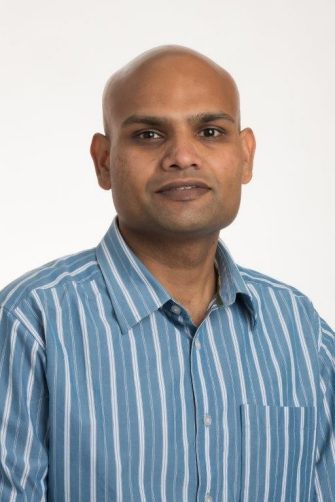

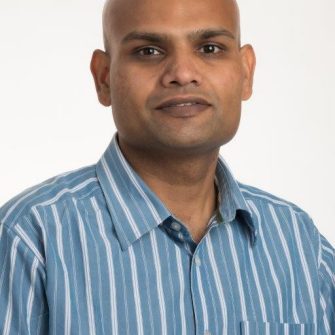
Jimmy Philip
Jimmy Philip is an Associate Professor at the Department of Mechanical Engineering, University of Melbourne, Australia. He received his undergraduate and master's in India, both in Mechanical Engineering, and his PhD from the faculty of Aerospace Engineering, Technion-Israel Institute of Technology. Subsequently, he was a post-doctoral researcher at LadHyX, Ecole Polytechnique, France and at the University of Melbourne. For about three years, he also worked as a Mechanical Engineer, being a member of the Edison Engineering Development Program at the Global Research Centre of the General Electric Company in India. His research interests are in turbulent flows, instability and pattern formation in fluid flows and experimental techniques in fluid mechanics, and, more recently, towards applications in environmental flows.
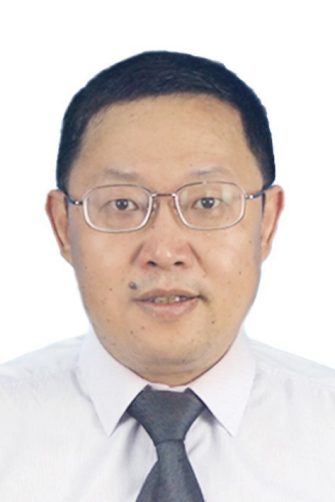

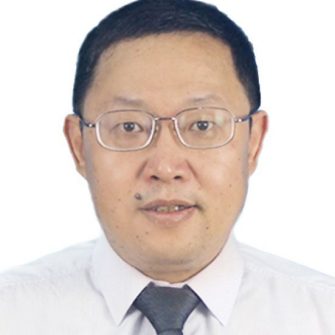
Feng Xu
Dr. Feng Xu is a professor specializing in natural convection. With years of research experience, he investigates convective processes in natural and industrial systems, including lakes, estuaries, oceans, the atmosphere and industrial equipment using theoretical, experimental and numerical approaches. Together with his collaborators, he developed a unique laboratory facility for studying transient convection with applications in building ventilation and beyond. His work has been published in over 100 peer-reviewed journal articles.
Important dates

*Notification of abstract acceptance: 24 October 2025
^Registration for presenters closes: 10 November 2025
Program
The session talks are 10min followed by 5min for questions and discussion. The workshop program will be available soon.
Contact
If you have any queries regarding this workshop, please email: k.talluru@unsw.edu.au
